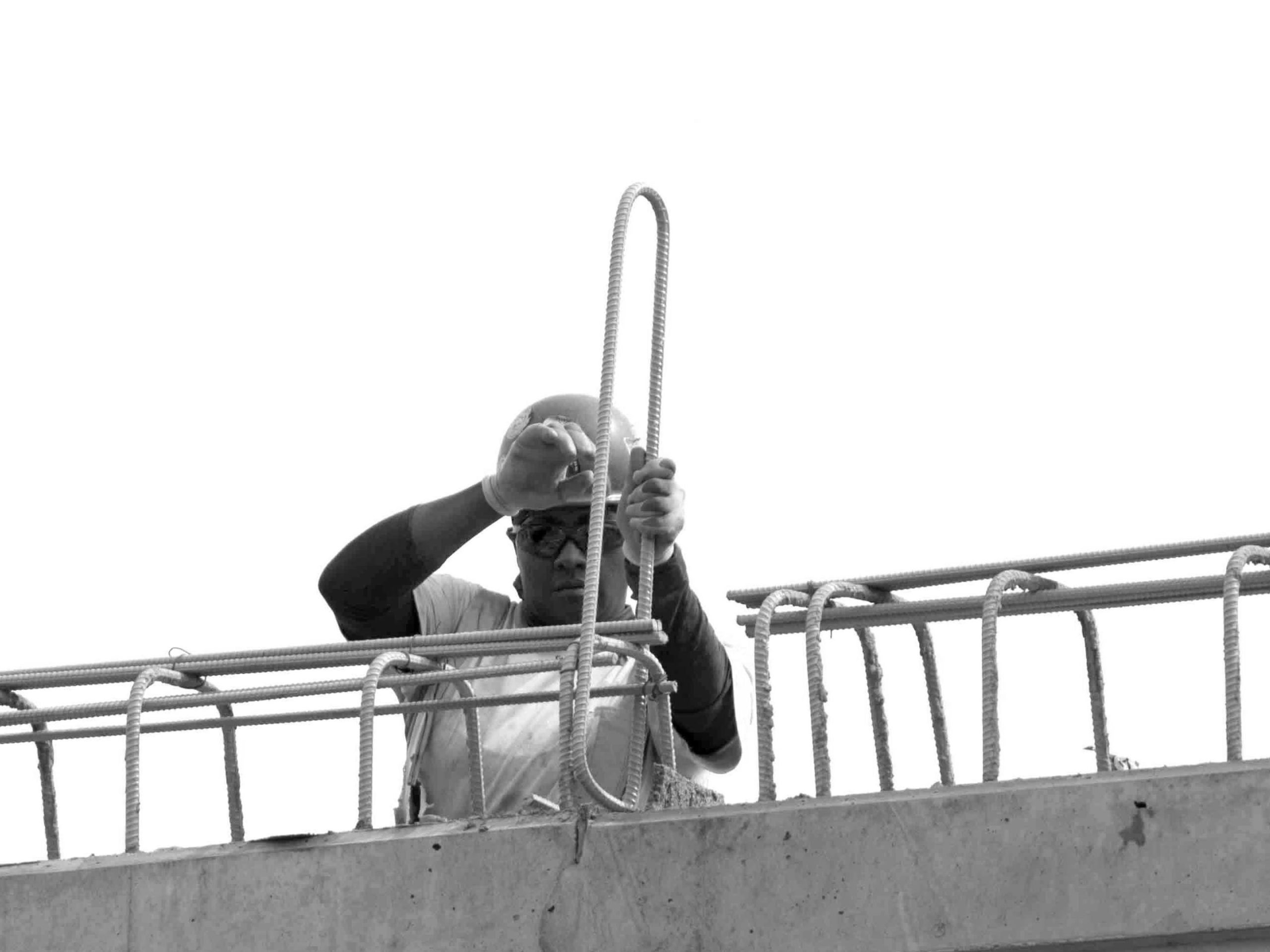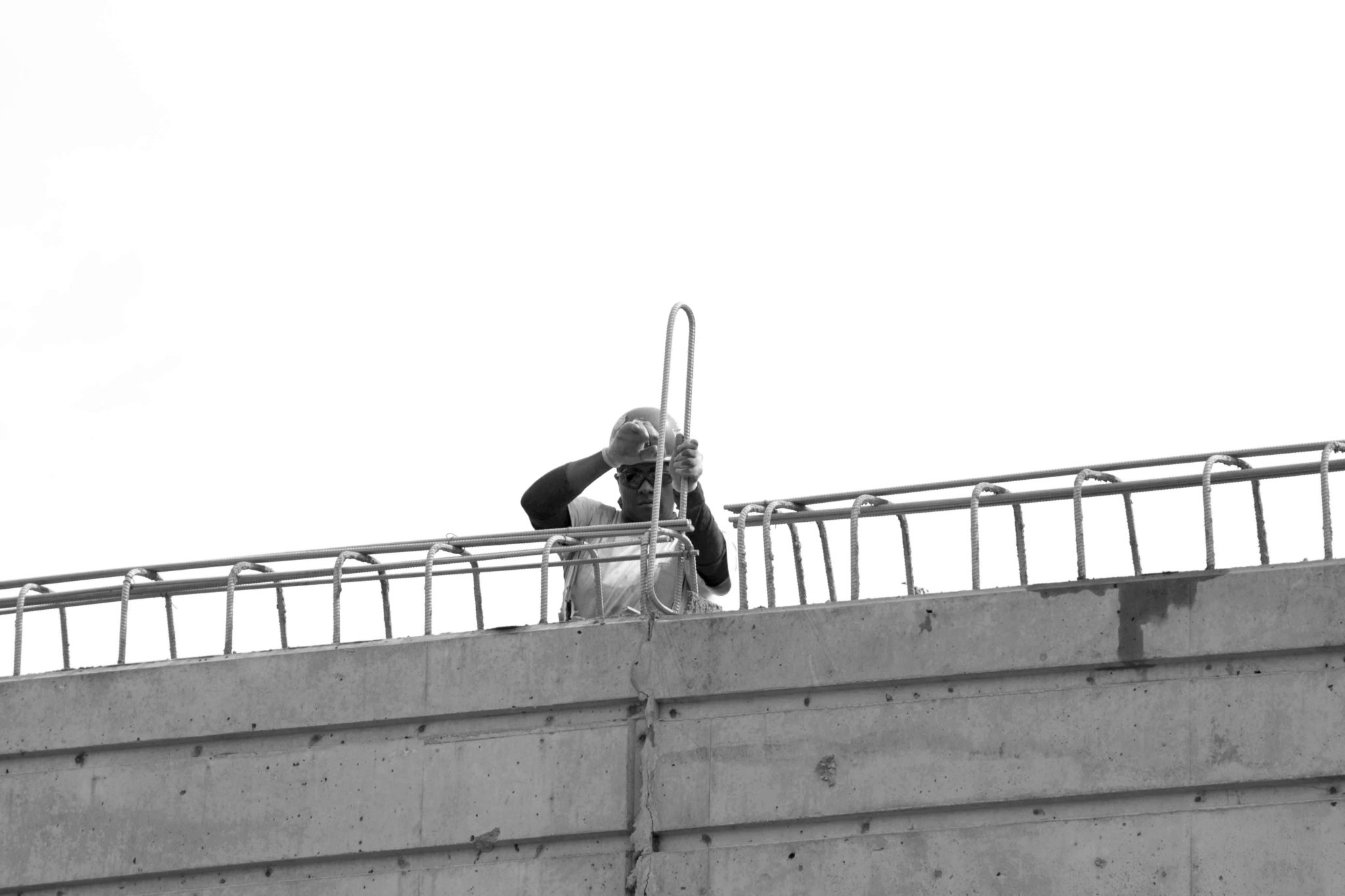Diversity and Inclusion in the Building Trades
The Minnesota Building and Construction Trades Council is committed to expanding union construction career opportunities for women and people of color and advocating for diversity and inclusion in the union construction workforce.

The Union Construction Workforce
- Approximately 13% of the total construction workforce is women compared to 4% in 2010.
- Approximately 776 (7.2%) of union construction apprentices are women. In 2010, there were 300 female apprentices.
- Approximately 5% of the total construction workforce is people of color. Approximately 11% of the union construction workforce is people of color. Currently, 20% (2,171) of the union construction apprentices are people of color.
- 92% of all African American apprentices are in union construction programs, 95% of all Latino and Latina apprentices and 98% of all other minorities apprentices are in union construction apprenticeship programs.
- Apprenticeship completion rates for minority apprentices is up 339% from 2012 to 2019.
Building Trades Equity Statement
The Minnesota State Building and Construction Trades affirmatively embraces diversity and commits to protect, promote, and defend inclusion, equity and justice, including promoting health and safety for building trades workers, facilitating equitable and harmonious labor relations, and advancing the principles of trade unionism. The Minnesota State Building and Construction Trades Council recognizes the need to improve the lives and increase power for working families, bring fairness and dignity to the workplace and secure social and economic equity while building strong, diverse, and democratic building trades unions.
The Minnesota State Building and Construction Trades Council does not tolerate discrimination against or harassment of any member or employee because of the member’s or employee’s race, color, ethnicity, religion, creed, sex, age, marital status, familial status, national origin, sexual orientation, disability, gender identity or expression, ancestry, pregnancy, status with regard to public assistance, or any other basis prohibited by law, or based on the member or employee’s protected opposition to prohibited discrimination or participation in the legal complaint process.
